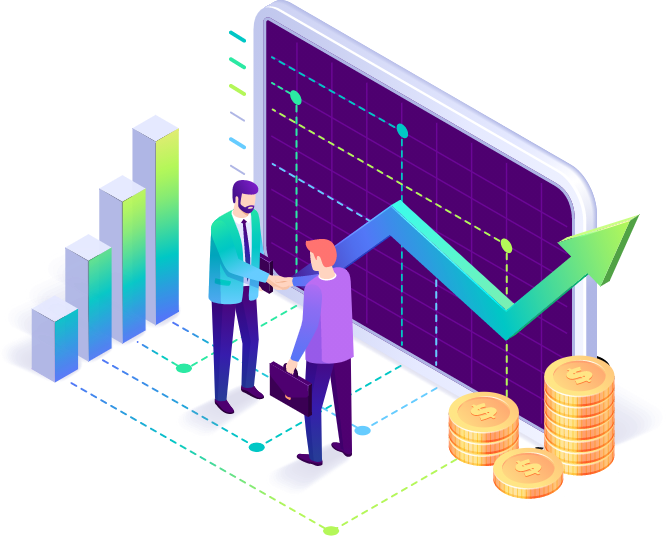

Futures trading is a popular form of investing that involves buying and selling futures contracts to take advantage of price changes in the underlying asset. Before you jump into the world of futures trading, it’s important to understand some basics about how these markets work, what types of products you can trade and what steps you need to take before making your first trade. Here are some frequently asked questions (FAQs) about futures trading that can help you get started:
Placing a futures trade on E-Mini is as easy as signing up for an online brokerage account with approved access to E-Mini markets and placing your order through the broker's trading platform. The exact details of how to place an order will vary depending on the broker, but there are several resources available online to help you understand the process.
There is a wide range of futures contracts available to traders, including commodities, currencies, indices, stocks and more. You'll need to do some research to determine which contracts are best suited for your goals and risk tolerance. Be sure to consider factors like contract size, minimum account balance requirements, margin rates and liquidity when making your selection.
Most brokers require investors to have a certain amount of capital before they can begin futures trading. Most brokers also require traders to demonstrate a basic level of knowledge and understanding about the futures markets. In addition, many brokers have certain criteria that must be met in order to become an approved trader.
The initial margin requirement is usually listed on the broker's website or in their terms and conditions document. It is also important to understand that different contracts may have different levels of margin requirements, so it's important to read through all the details associated with your chosen contract before making a trade.
A futures contract is an agreement between two parties to buy or sell a particular asset at a predetermined price on a certain date. The tick size is the minimum amount that the asset's price can move in either direction, usually expressed as a percentage of the contract value.
The cost of trading futures depends on several factors, including broker fees and commissions, margin requirements and other costs associated with opening and maintaining an account. It’s important to compare different brokers in order to find one with competitive fees and commissions for your particular needs.
Futures trading involves taking positions in future contracts, while stock trading entails buying and selling shares of individual stocks. Futures contracts are highly leveraged investments that can offer higher potential returns, but there is also a greater risk of losses due to their leveraged nature.
In order to open an IRA futures account, you must meet certain eligibility requirements set by the IRS. These include having sufficient funds in your retirement account, meeting income requirements and working with an approved broker custodian.
Yes, you can open more than one futures trading account if you meet certain criteria, such as having enough capital to cover the margin requirements of all your accounts. It’s important to note that each account will have its own set of fees and commissions associated with it, so you should be sure to compare different brokers before opening multiple accounts.
To withdraw funds from a futures trading account, contact your broker and provide them with the required information. Depending on the type of withdrawal, some brokers may require additional paperwork or verification documents in order to process your request.
The exact cost of Gain Trader Software varies depending on the features and services included. Generally speaking, however, most brokerage firms offer Gain Trader Software for free or as part of a paid service package.
The time it takes to open a futures trading account varies depending on the broker you choose and the information you provide. Generally speaking, however, accounts can typically be opened within one to two business days after all relevant paperwork has been completed and submitted.
The minimum amount required will depend on your broker and the type of account that you choose. Generally, the minimum amount required to open an account for futures trading ranges from $2,000 to $4,000.
There are many different types of trading platforms available depending on your broker. Most brokers offer a web-based platform and mobile app that allow you to trade from wherever you are. There are also desktop platforms available for more advanced traders.
Your funds will be held in a segregated account with your broker, separate from the broker’s own funds and other clients’ accounts. This ensures that your money is protected should anything happen to the broker.



